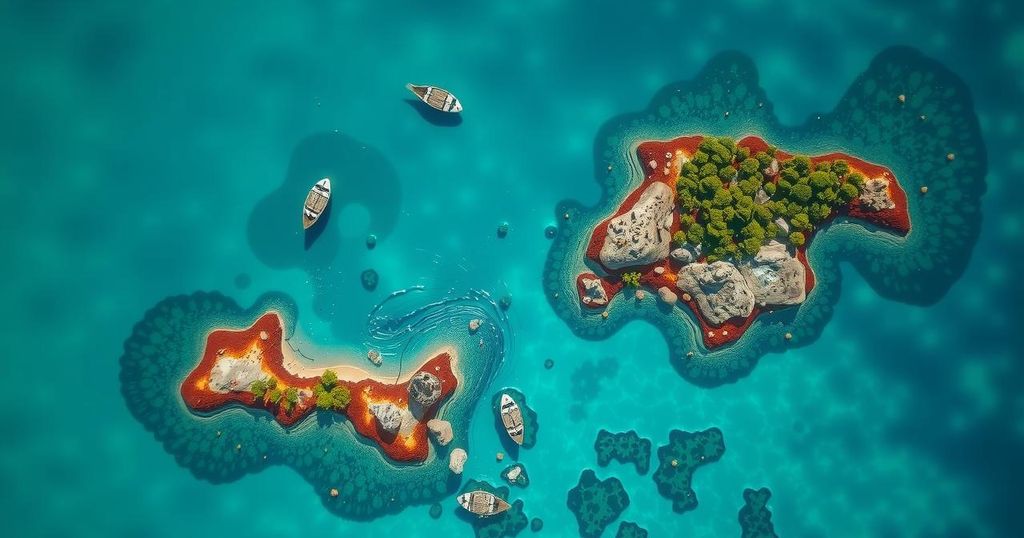Seychelles and Kenya are collaborating on Project 99 to create a biological risk assessment tool to predict and mitigate biological incidents. Experts from multiple fields are participating in a workshop to map potential risks, with a focus on diseases affecting human and animal health. This initiative is part of the European Union’s efforts to build capacity in Eastern and Central Africa, aiming to improve preparedness for future biological threats.
A collaborative initiative between Seychelles and Kenya is underway to develop a national biological risk assessment tool, aimed at identifying critical areas for risk assessment related to biological incidents. This effort, known as Project 99, involves 30 experts participating in a five-day workshop at the Savoy Resort and Spa, Beau Vallon. Each participant possesses expertise in fields pertinent to health, agriculture, and environmental safety.
The primary objective of the workshop is to equip these experts with the skills to map biological risks stemming from diseases affecting humans and animals, as well as environmental toxins. Dr. Jimmy Melanie, representing Seychelles, emphasized the importance of preparing for potential biological threats. He remarked, “We have to work on these to prepare ourselves should there ever be a situation.”
The training aligns with the European Union’s initiatives aimed at enhancing capacity building and preparedness for biological incidents in Eastern and Central Africa. The project, spanning until 2026, will help experts provide recommendations to authorities regarding potential biological threats to which the nations may be exposed in the future.
Key project stakeholder, Scott Spence, stated that by the conclusion of the workshop, participants would be adept at identifying emerging biological threats and risks. They will also engage in strategic discussions regarding worst-case scenarios, such as the potential onset of a pandemic. Joris Sprokholt, a key expert on the project, underscored the importance of recognizing the interconnectedness of human, animal, and environmental health through the ‘one health perspective’. This approach is essential in shaping comprehensive risk assessments for the future.
Project 99 is a collaborative initiative involving eleven member countries, primarily Seychelles and Kenya, focusing on enhancing biological risk assessment capabilities in response to potential biological threats. The project aims to conduct assessments over a five-year period, determining potential incidents that could impact health, agriculture, and environmental safety. The European Commission’s support, alongside the United Nations’ involvement, provides critical resources and expertise for this initiative. The workshop hosted in Seychelles is a continuation of training previously conducted in Nairobi and is part of a broader effort to bolster response capacities in the face of pandemics and other biological challenges that may arise in the region.
In summary, Project 99 represents a significant endeavor towards enhancing biological risk assessment capabilities in Seychelles and Kenya. By fostering collaboration among experts and emphasizing the interconnectedness of health domains, the initiative seeks to improve readiness for biological incidents. The ongoing workshops and subsequent developments within the project will equip both nations with the necessary tools to identify and manage potential biological threats effectively.
Original Source: www.seychellesnewsagency.com






